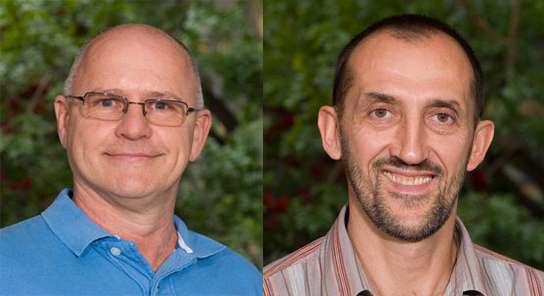
University of Queensland research on mosquito-borne viruses will play a key role in a new $4.8 million project to prevent disease in crocodiles and enable Australian crocodile producers to become more competitive.
UQ School of Chemistry and Molecular Biosciences (SCMB) and Australian Infectious Diseases Research Centre researcher Professor Roy Hall said the project would benefit from UQ’s expertise in the development of diagnostics and vaccines for mosquito-borne viruses such as Zika, Japanese Encephalitis, West Nile and Chikungunya viruses.
“We will contribute funding and specialist expertise, with an outstanding UQ team including SCMB researchers Professor Alex Khromykh and Dr Jody Hobson-Peters, and School of Veterinary Science researcher Dr Helle Bielefeldt-Ohmann,” he said.
The Federal Government has announced it is investing $1.15 million into Northern Territory-based Porosus Pty Ltd’s $4.8 million project, via the CRC for Developing Northern Australia.
The project will develop and apply control strategies to prevent skin lesions in crocodiles caused by mosquito-borne viruses and poxviruses.
Reducing skin lesions caused by these viral infections will allow more of the crocodile skin to be used in the high-end fashion market.
Professor Hall’s research is focussed on the discovery of newly emerged mosquito-borne viruses and understanding the diseases they cause.
These studies have recently led to the development of new technologies for vaccine development, potential immunotherapy agents and new diagnostic tests.
University partners in the new project also include La Trobe University, Australian National University, and James Cook University.



